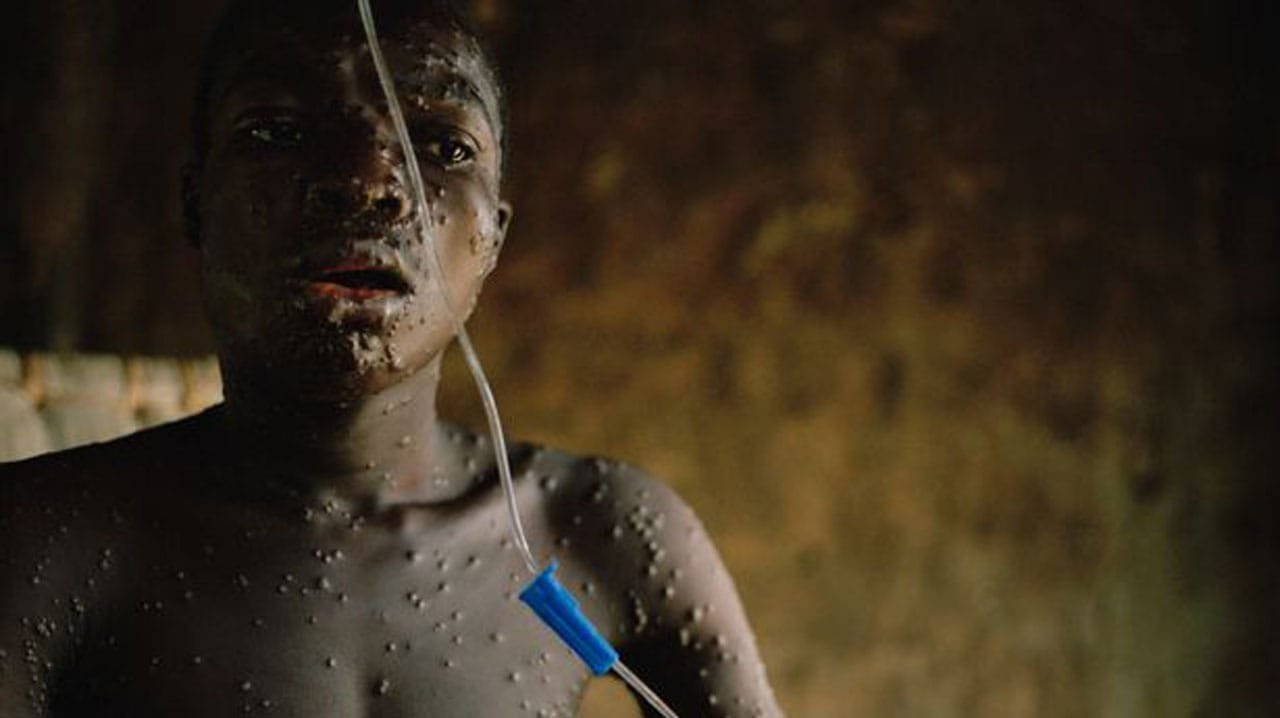[ad_1]
On Thursday, the World Health Organisation (WHO) declared that the multi-country outbreak of the mpox virus, which began around a year ago, was no longer a public health emergency of international concern.
WHO director-general Tedros Ghebreyesus said this while speaking to journalists in Geneva, a day after the emergency committee, which made the emergency recommendation last July, advised the director-general to declare it over.
“However, as with COVID-19, that does not mean that the work is over. Mpox continues to pose significant public health challenges that need a robust, proactive and sustainable response,” Mr Ghebreyesus said.
He said more than 87,000 cases and 140 deaths worldwide were reported to WHO from 111 countries.
The virus, originally known as monkeypox, spreads through direct contact with bodily fluids and causes flu-like symptoms and pus-filled skin lesions.
Last July, it was spreading rapidly, but he said WHO “has been very encouraged by the rapid response of countries. We now see steady progress in controlling the outbreak based on the lessons of HIV and working closely with the most affected communities.”
Some 90 per cent fewer cases were reported in the past three months than in the previous three.
He praised the work of community groups and public health authorities “for informing people of the risks of mpox, encouraging and supporting behaviour change, and advocating for access to tests, vaccines and treatments to be accessible to those in need.’’
Cases of the virus were concentrated among men who have sex with men, especially those with multiple sexual partners.
Mr Ghebreyesus noted that while stigma has been a driving concern in managing the mpox epidemic and continues to hamper access to care, “the feared backlash against the most affected communities has largely not materialised. For that, we are thankful.”
(NAN)
[ad_2]
Source link



